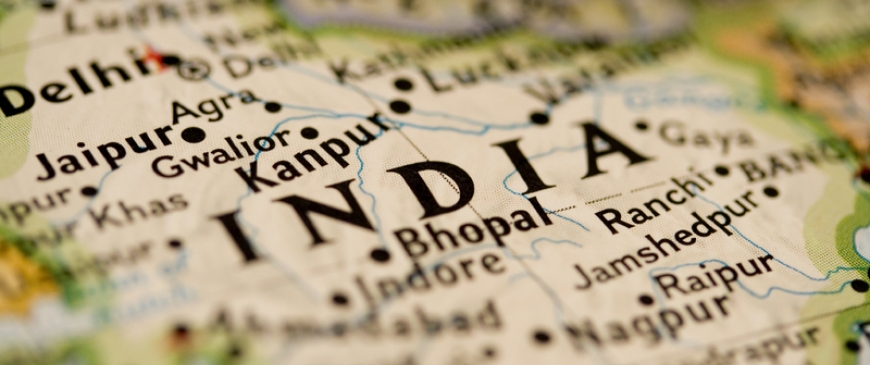
India joins the west
Last month saw a small geopolitical revolution: India backed the west against Iran.
One of the most significant geopolitical events of the decade has gone almost unnoticed in the west: at September's meeting of the International Atomic Energy Agency, India joined the US and the EU in backing a resolution condemning Iran's nuclear programme. In deciding to vote with the west - rather than abstaining with Russia, China, Brazil and South Africa - India signalled its willingness to join the top table of international diplomacy and to abandon its automatic solidarity with the developing world.
Western diplomats, who expect Delhi to repeat the move at the IAEA's next meeting in November, are delighted. A French diplomat said that India has traditionally adopted the foreign policy of a porcupine: it is prickly and hides in a cave, especially when Pakistan is mentioned. The west's policy, he claims, has been to coax India out of its cave. At the IAEA's board meeting, Delhi bid farewell to its troglodyte existence with a dramatic flourish.
Of course, there are tactical explanation for the decision. Indian intelligence sources fear that a nuclear Iran could provide a trigger for Saudi Arabia to follow suit (buying weapons off the peg from India's old enemy Pakistan). Another explanation is that the Indian decision was part of the deal that prime minister Manmohan Singh hatched with George W Bush in Washington in July, when the Americans dropped their long-standing ban on nuclear co-operation with India.
But the decision seems to be part of a strategic shift in Delhi. Pramit Pal Chaudhuri, foreign editor of the Hindustan Times, thinks that it heralds a new era in Indian foreign policy: “This is part of India's growing up as a great power. In the past, our approach has been to sit it out and free-ride on the capitalist west. Now we are starting to take calculated risks. We have done this a little in the past few years - recognising Israel, moving towards the US, opening markets, the rapprochement with Pakistan. Each time, the backlash has been smaller than people predicted, and with each successive move our confidence has grown.”
Foreign policy analysts in Washington have long hoped that a democratic India could be recruited as part of a balancing coalition against China's rise in Asia. But the decision at the IAEA does not mean that India will become a fully signedup member of the west. It is developing a close relationship with China, and is set to take a tough stance on behalf of developing countries at the WTO and the UN.
And in any case, India is far too sensitive about its colonial past to risk being seen as a “stooge” of the west. This is evident in the backlash to the IAEA decision within India - coming from both the right and left of the political spectrum. The BJP accused the government of damaging relations with China. The Communist party called the vote “shameful” and a “betrayal.” And a leader in the secular left-leaning Hindu newspaper accuses the government of being “craven” and colluding with the worst western “double standards.”
But the outcry has been relatively muted—and the government seems ready to face it down. Pal Chaudhuri is sure that this is not a one-off move, but part of a growth in Indian self-confidence: “India is learning to play foreign policy games.The Americans are taking advantage of this in some areas, but other countries are waking up to the possibilities as well.”
Mark Leonard was director of foreign policy at the Centre for European Reform (2005-2007).
